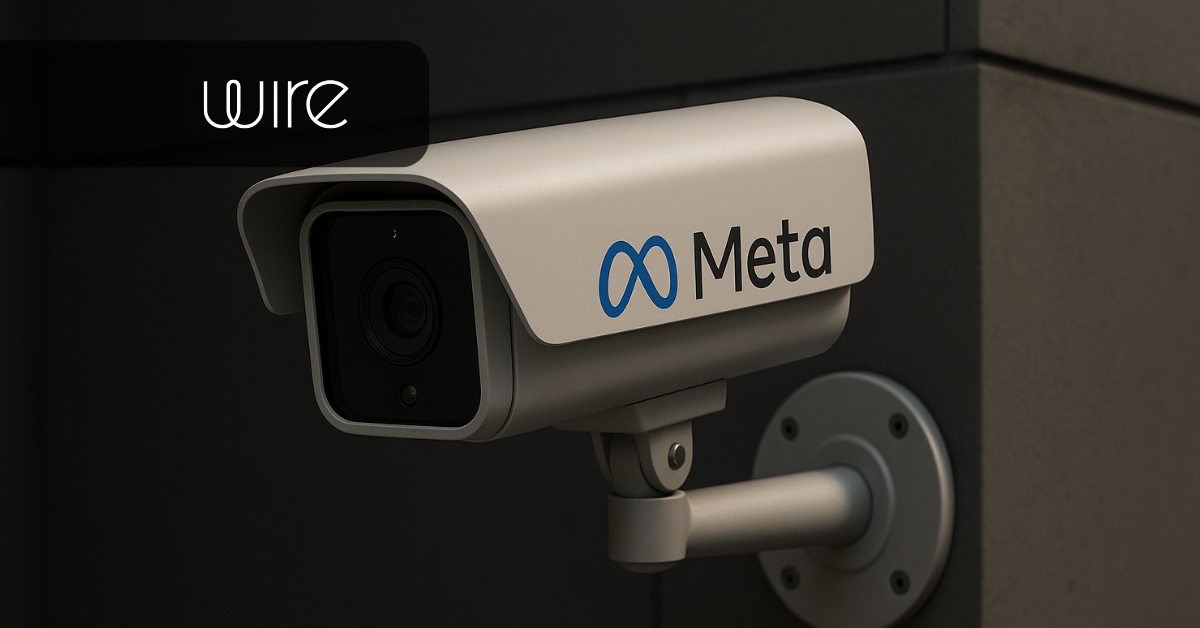Every time a user visited a website with a Meta Pixel, the app silently collected browsing metadata, cookies, search activity, products viewed or purchased, and tied it to the user’s identity via app login IDs or Android Advertising IDs. This invasive behavior bypassed browser privacy settings, undermining user consent.
On June 5, 2025, researchers from IMDEA Networks, Radboud University, and KU Leuven published a detailed breakdown of how the apps bridged the browser‑app silo to siphon identity‑linked browsing data. Google confirmed the technique “blatantly violate[s] … privacy principles” and quickly initiated mitigations. Meanwhile, a class‑action lawsuit in the U.S. claims Meta tied this browsing data directly to users’ persistent Facebook and Instagram profiles. Meta has since paused the feature but only after external pressure revealed its existence.
Why this matters for EU trust in US tech
1. It exposed fundamental gaps in technical isolation
Android sandboxing is meant to isolate apps and browsers. Meta’s tracking method weaponized the local socket channel, using it to bypass incognito mode, cookie deletion, and browser-level protections, a clear failure of platform-level privacy controls. If a US company can exploit such loopholes undetected for months, EU organizations must rethink how much they can trust these platforms to preserve data protections.
2. This isn’t an isolated case, it's part of a pattern
This incident comes on the heels of other missteps:
- Meta has already faced over €1.2 billion in GDPR fines for unauthorized data transfers to the U.S.
- Data‑rights NGO NOYB is threatening action over Meta’s AI‑training using EU user data, disputing its “legitimate interest” justification.
- Under the Digital Markets Act (DMA), Meta was fined €200 million over its “consent‑or‑pay” model.
These repeated violations indicate systematic overreach, not mere clerical errors.
3. GDPR can be side‑stepped, and often is
The localhost‑socket exploit is a stark example of how technical mechanisms can circumvent GDPR and browser protections by operating at a lower system level, beyond the visibility of standard privacy tools. These covert channels are not something end users can control. What’s even worse, U.S. surveillance laws—such as the CLOUD Act—could compel Meta to provide data without notifying EU authorities, effectively rendering GDPR meaningless in practice.
What this means for EU organizations
1. Rethink reliance on U.S.-based tech
Trusting big tech companies like Meta and Microsoft without independent verification is increasingly risky. When these companies design features that bypass privacy layers, it reveals not just technical flaws, but deeper disregard for consent and data sovereignty. The EU should reassess reliance on such platforms for sensitive data management.
2. Strengthen technical and legal oversight
Data protection isn’t just about consent forms and privacy policies—it’s also about resilient architecture. Regulators and organizations must mandate regular technical audits of apps and services by independent researchers, particularly for features exploiting low‑level APIs. Legal frameworks should catch up to recognize these covert tracking vectors.
3. Enforce legal consequences that matter
Fines totaling billions may sound large, but Meta’s global revenues dwarf them—and business continues as usual. The EU should consider tougher outcomes: suspending services, blocking non‑compliant features, or even breaking enforcement orders when companies repeatedly flout rules.
4. Promote trust via alternatives
This scandal highlights the urgency of building and certifying EU-based digital infrastructure. Organizations should diversify systems, adopt open-source and privacy-first platforms, and avoid single-vendor lock-in to maintain control over user data.
Final word
Meta’s covert tracking of Android users isn’t just a fluke, it’s a structural failure in how big US tech balances profit and privacy. For EU organizations, the episode is a lesson: you cannot fully trust platforms that operate outside your jurisdiction, rely on consent-based monetization models, or exploit hidden technical channels. GDPR, DMA, and other laws are strong on paper—but without technical safeguards and enforcement calibrated to modern tracking methods, they fall short. EU entities—from hospitals to banks to public agencies—must recalibrate: demand technical transparency, diversify away from suspect platforms, and build data systems that truly respect user privacy and EU oversight mechanisms. In short: the Meta scandal should be a rallying cry for EU digital sovereignty—and a wake‑up call that trust in US tech must be earned, not assumed.
